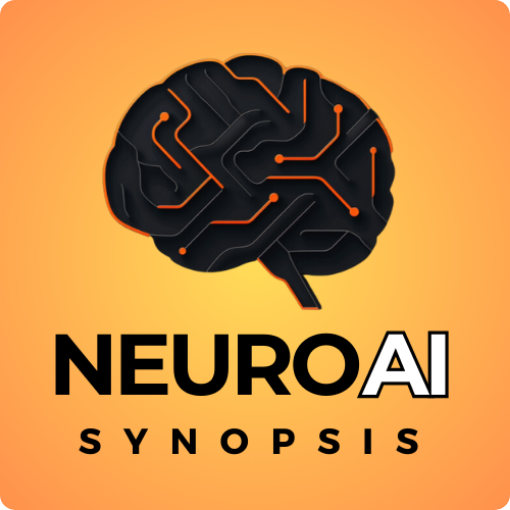Emotion Recognition and AI: Advancements and Applications
Discover the advancements in AI-driven emotion recognition and its applications in various fields. Learn how AI systems detect and respond to human emotions, transforming mental health, customer service, and user experience.
Artificial Intelligence (AI) is advancing emotion recognition, enabling systems to detect and respond to human emotions. This post explores the developments in AI-driven emotion recognition and its applications in mental health, customer service, and user experience. By examining real-world examples and future research directions, we highlight how AI systems enhance emotional intelligence and interaction. Discover the transformative potential of AI in understanding and responding to human emotions, paving the way for innovative applications across various fields.
Artificial Intelligence (AI) is making significant strides in emotion recognition, enabling systems to detect, interpret, and respond to human emotions. This post delves into the advancements in AI-driven emotion recognition and explores its transformative applications in various fields, including mental health, customer service, and user experience.
Emotion recognition involves the identification of human emotions through facial expressions, voice tones, body language, and physiological signals. AI systems use machine learning and deep learning algorithms to analyze these data points, identifying patterns and predicting emotional states with high accuracy. By enhancing emotional intelligence, AI systems improve human-computer interaction and provide personalized experiences.
In mental health, AI-driven emotion recognition aids in diagnosing and treating emotional and psychological disorders. AI systems monitor patients' emotional states, providing real-time feedback to therapists and helping to tailor treatments. These systems also enable early detection of mental health issues, allowing for timely intervention and support.
In customer service, AI emotion recognition enhances interactions by identifying customers' emotional states and adjusting responses accordingly. Virtual assistants and chatbots equipped with emotion recognition can provide empathetic and personalized support, improving customer satisfaction and loyalty. AI-driven emotion recognition also aids in training customer service representatives by analyzing interactions and providing feedback on emotional cues.
User experience design benefits from AI emotion recognition by creating adaptive and responsive interfaces. AI systems analyze users' emotional responses to different design elements, optimizing interfaces to enhance engagement and satisfaction. This personalized approach leads to more intuitive and user-friendly applications.
Despite its potential, AI-driven emotion recognition faces challenges, including data privacy, ethical concerns, and the need for large, diverse datasets. Ensuring the ethical use of AI systems and protecting users' privacy are crucial for building trust and achieving positive outcomes. Addressing these challenges requires collaboration among researchers, developers, and policymakers.
Future research in AI-driven emotion recognition focuses on improving algorithm accuracy, developing multi-modal emotion recognition systems, and exploring new applications. Integrating AI with wearable devices and smart environments offers opportunities for real-time emotion monitoring and intervention. Additionally, understanding cultural and contextual variations in emotional expression can enhance the accuracy and applicability of AI systems.
AI-driven emotion recognition is transforming our understanding of human emotions and enhancing interactions across various fields. By improving emotional intelligence, AI systems offer personalized and empathetic experiences, paving the way for innovative applications in mental health, customer service, and user experience design. Future research should focus on advancing algorithms, ensuring ethical use, and exploring new possibilities to fully harness the potential of AI in emotion recognition.
Please log in to read the full post and explore these exciting developments in detail.

